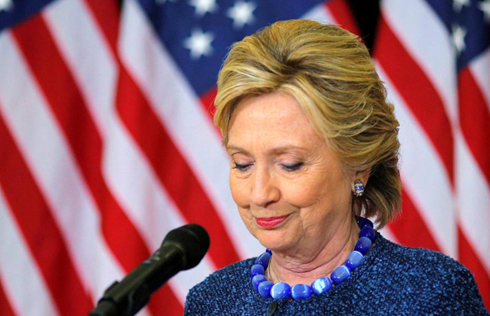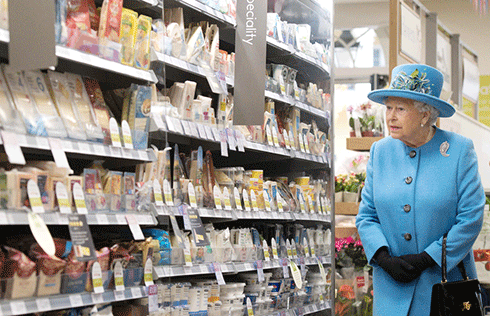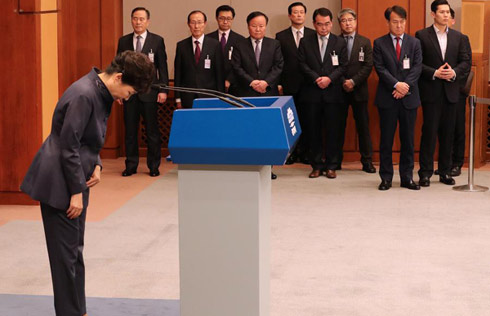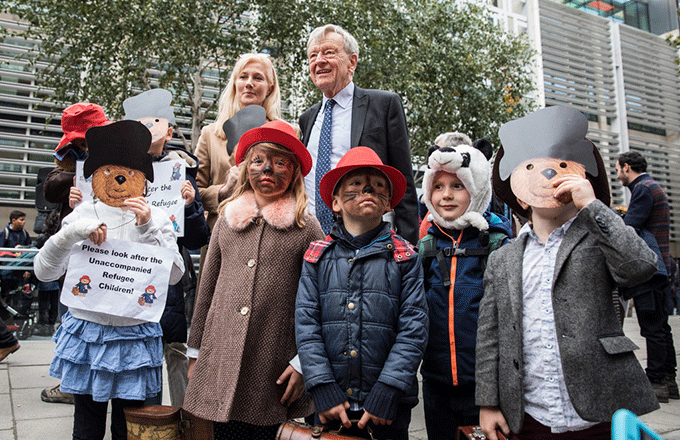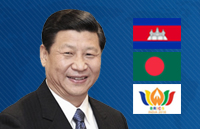Optimal timing of therapy for HIV infection found
CANBERRA - The antiretroviral therapy administered within four months of HIV infection restores the immune system back to healthy levels, a new study from Monash University revealed on Thursday.
The study, published in The New England Journal of Medicine, found a new insight into the optimal timing of therapy for HIV infection which could give patients a better chance of responding to potential cure strategies of the future, a statement of Monash University in Melbourne said Thursday.
It is an international study with scientists from Australia and the United States. They drew data of 468 patients followed over a 48-month period in the San Diego Primary Infection Cohort.
According to the statement, patients demonstrated stronger and faster recovery of the body's CD4+ T-cells than patients who started therapy later. CD4+ T-cells are specialized immune cells required to fight infections and are depleted during HIV infection.
The study also found patients with higher counts of CD4+ T- cells at the initiation of therapy demonstrated a stronger recovery of CD4+ T-cell counts than patients who start therapy later.
"In the four months after HIV infection the immune system mounts an immune response and starts to recover naturally before it subsequently progressively declines," study co-author, Monash University's Associate Professor Wright said.
She said this means that there may be a narrow restorative window that could be targeted for recovery through earlier initiation of potent antiretroviral therapy.
- Newly reported HIV infections set quarterly record
- Better tests key for earlier HIV detection
- 10 percent of gays in Guangzhou infected with HIV
- HIV/AIDS patients fight for equal opportunities in employment
- HIV-positive inmates get help
- Beijing NGO promotes rapid HIV test in gay community
- Shaanxi has 3,094 HIV/AIDS patients since 1992
- Rural doctors cut HIV/AIDS infection in China
- China's NGOs praised for role in fighting HIV/AIDS





